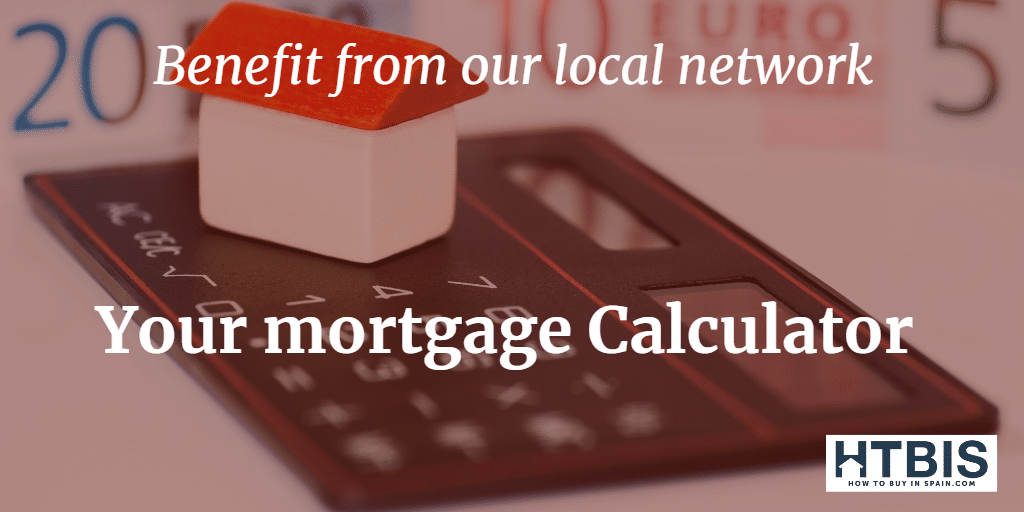A home is the most significant investment you can make. Be sure that your home is comfortable and well-maintained. It's not easy to save enough money to make repairs or improvements. Refinancing cash-outs could be the answer. These funds can be used to pay for the home improvement projects you want to complete, instead of using credit cards, a personal or second mortgage loan. Cash-out refinances can be utilized to pay off student loans as well as consolidate or pay your bills, and even reduce debt. We will be discussing the pros and cons of cash-out refinancing , so you can make an informed decision about whether it is right for you.
What Is A Cash-Out Refinance?
Cash-out refinances allow you to convert home equity into cash. You take out a new mortgage for more than your previous mortgage balance and get the amount difference in cash. Generally, refinancing refers to replacing a mortgage with a new one with more favorable conditions for the buyer. Refinancing mortgages can help reduce the monthly payment and also obtain a lower interest. Additionally, it allows you to review the regular mortgage terms. Check out the best mortgage payment calculator for site info.
[img]https://www.skipton.co.uk/-/media/skipton-co-uk/images/icons/2019-brand-svg/60x60/Affordability-Calculator.ashx?la\u003den-GB\u0026hash\u003d3140AD336F842F36B3758CAEDB5E360A[/img]
How Do Cash-Out Refinances Function
Refinances with cash-outs allow you to make your home a collateral to secure a loan. In addition, you'll receive some cash. This will result in a bigger mortgage than the one you have. Home equity is an excellent source of money for emergencies, expenses, and other needs. Borrowers interested in cash-out refinances can find lenders who are willing to work with them. The lender analyzes the borrower's credit score, current mortgage terms, and the amount of the loan. Based on the underwriting analysis, the lender makes an offer. The lender offers the loan. Once the borrower has paid back the loan, they lock them into a new plan for monthly payments. In addition to the mortgage repayment the cash payment is also made. Standard refinances do not include cash-based payments. Instead the borrower gets less monthly installments. The borrower is able to cash-out refinance funds as they choose. A lot of people utilize the refinance cash-out funds to cover large-scale expenses such as consolidating debt or paying medical bills. Many may also use it to fund an emergency savings account. Cash-out refinances have less equity which means the lender is taking on more risk. Cash-out refinances can have higher closing costs, fees and interest rates than standard refinances. Refinances with specific mortgages (e.g. U.S. Department of Veterans Affairs (VA),) are often possible with lower costs and terms than nonVA loans. Follow the top loan calculator for site examples.

A Cash Out Example Refinance
You might consider buying $300,000.00 worth of property and paying $100 in interest after years. It is necessary to have at minimum $200,000 equity, if the value of the property isn't below $300,000. If you are in a low rate and are refinancing your home, the underwriting process can allow you to borrow upto 80% of your equity. While you may not be able borrow another $200,000, equity can aid in increasing your cash flow. Hypothetically, your lender will loan you 75% on the current value of your property. This would amount to $225,000 for a $300,000. With the remaining $100,000, the principal must be paid in addition to $125,000 in cash. If you only need $50,000 in cash, you may refinance with $150,000 mortgage loans with a lower interest rate and terms that are more favorable. In the new mortgage, there will be the balance of $100,000 from the original loan and $50,000 that was taken out in cash. You could get a mortgage of $150,000 and get $50,000 cash. Then, begin making monthly payments to the entire amount. This is among the benefits of collateralized loans. However, since the $50,000 and $100,000 are together in one loan the lien that you have on your house will apply to both.



